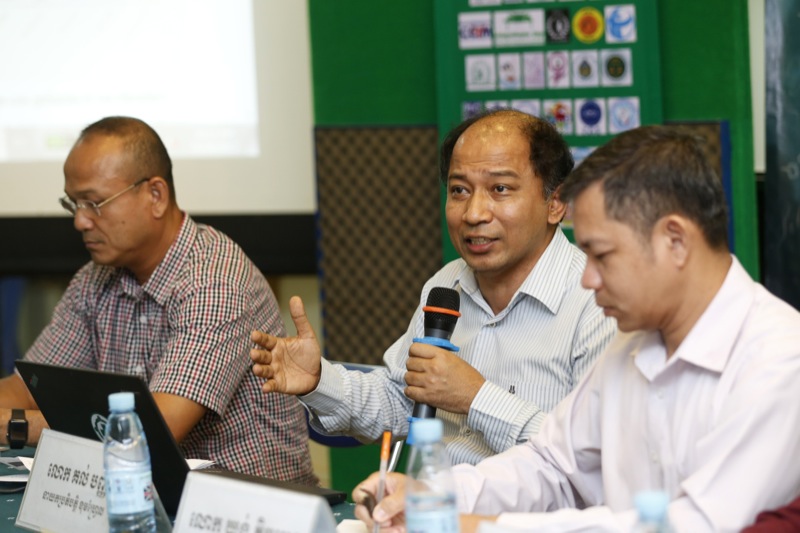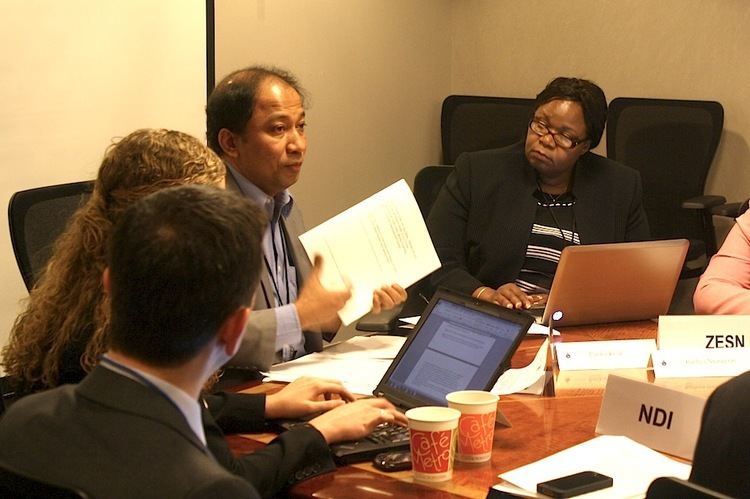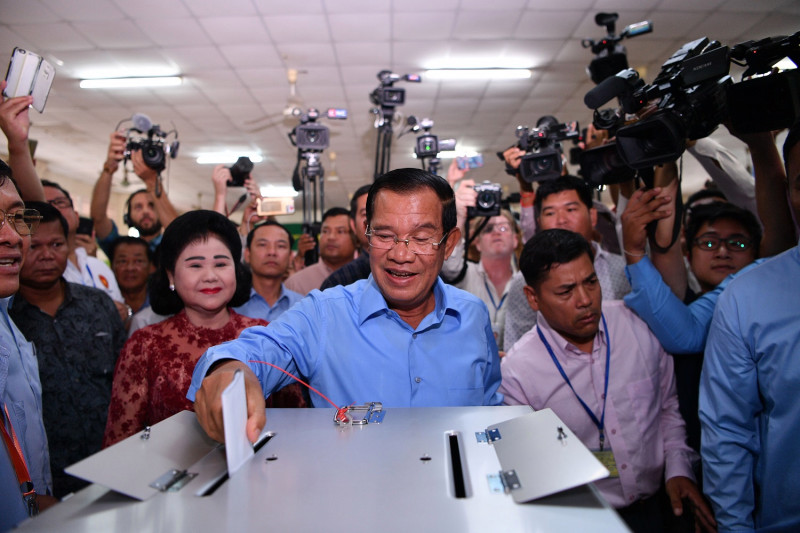Cambodian Koul Panha has been awarded one of six prestigious Ramon Magsaysay 2011 awards for his unremitting work in fighting for a free and fair democratic system in the Kingdom. The awards, often referred to as the “Nobel peace prizes of Asia”, are “given to persons – regardless of race, nationality, creed or gender – who address issues of human development in Asia with courage and creativity, and in doing so have made contributions which have transformed their societies for the better”, according to the foundation’s website.
Koul Panha’s journey to reach this point in his work and career has been a long and often traumatic, albeit history-changing one. Koul Panha’s family was among the 1.7 million Cambodians who perished at the hands of the brutal regime and the repercussions of the period have been myriad.
It doesn’t take focused investigation into how the country has fared since that era to realize that one of the biggest problems to have lingered since then is the disjointed adherence to a free and fair political system.

Cambodia has been in a constant state of struggle to democratise its society since the fall of the Khmer Rouge, yet took the first steps in establishing a multi-party liberal democracy when it embarked on its first democratic elections in 1993.
And Koul Panha made certain he was a part of it. Education, then and now, is a passion of Koul Panha’s. He studied at the Institute of Technology of Cambodia with chemical engineering as his major, and also went on to learn about teaching.
His clear passion for passing on knowledge and raising awareness among others again came to the fore when he became one of 15 founding members of the Cambodian Human Rights and Development Association (ADHOC) in the hope of gradually bringing peace to the Kingdom.
Kuol Panha’s interest in this kind of work spurned him on to then volunteer with the United Nations Transitional Authority in Cambodia (UNTAC) in order to assist and prepare the 1993 elections.
After completing his engineering studies in Phnom Penh, Koul Panha then joined the non-partisan Task Force on Cambodian Elections and was one of the organizers when the group morphed into the Committee for Free and Fair Elections in Cambodia (COMFREL) in 1997. By 1998, Koul Panha had become the director of education voters of the committee and has been tireless in his work throughout the Kingdom’s five national and local elections that followed the first.

According to Koul Panha, the central aim and most vital element in achieving a safe and stable democratic nation lies in the electoral system becoming the people’s own; in it becoming their main instrument in building a democratic nation. Again, he strongly believes that the advancement of democracy and elections free of violence, corruption and factionalism lies in education – particularly the education of youth.
By the year 2000 Koul Panha had been promoted to the position of executive director of COMFREL and to date, the organisation has deployed over 100,000 volunteers to cover 95 percent of Cambodia’s polling stations, while over 150,000 Khmer have participated in various COMFREL training programmes and workshops.
The announcement of the six recipients of the Ramon Magsaysay Awards was declared on July 27, 2011. Koul Panha would travel to Manila, the Philippines, to be presented with his award on August 31.
According to phnompenhpost.com












